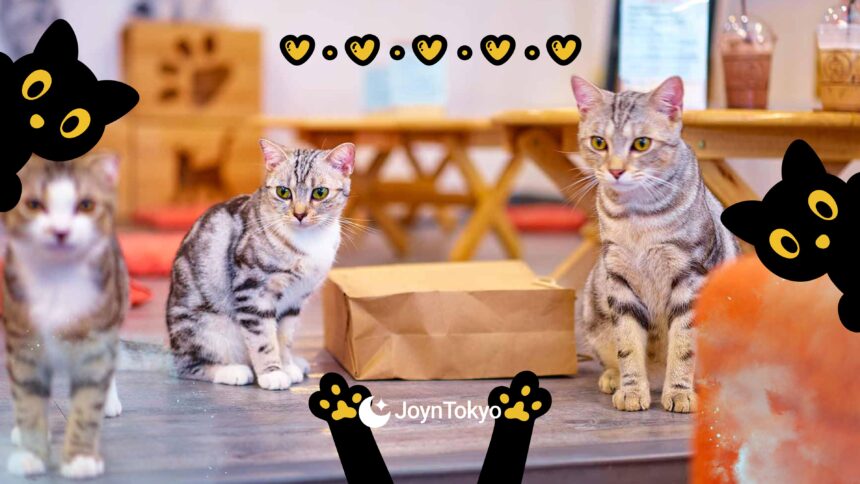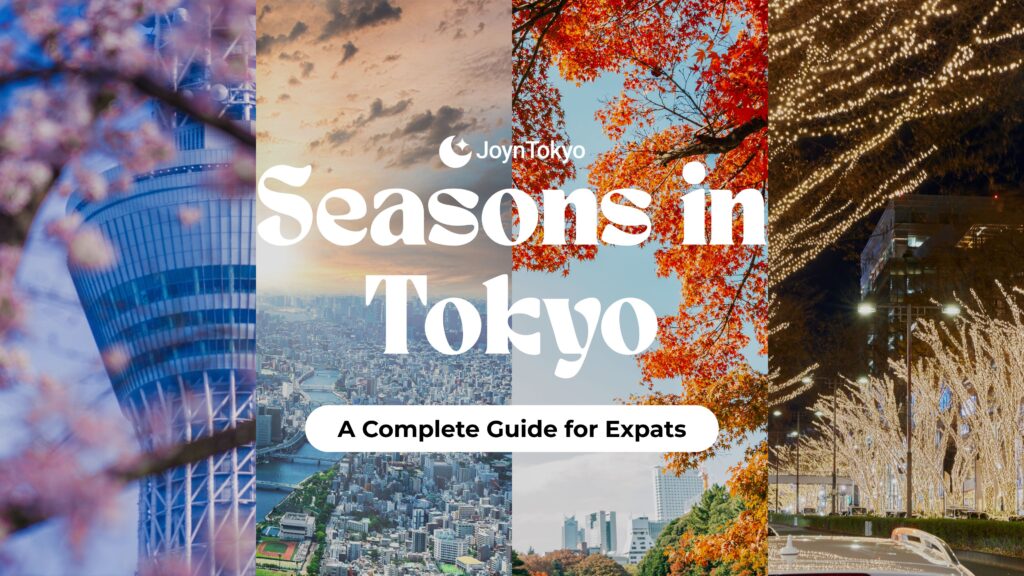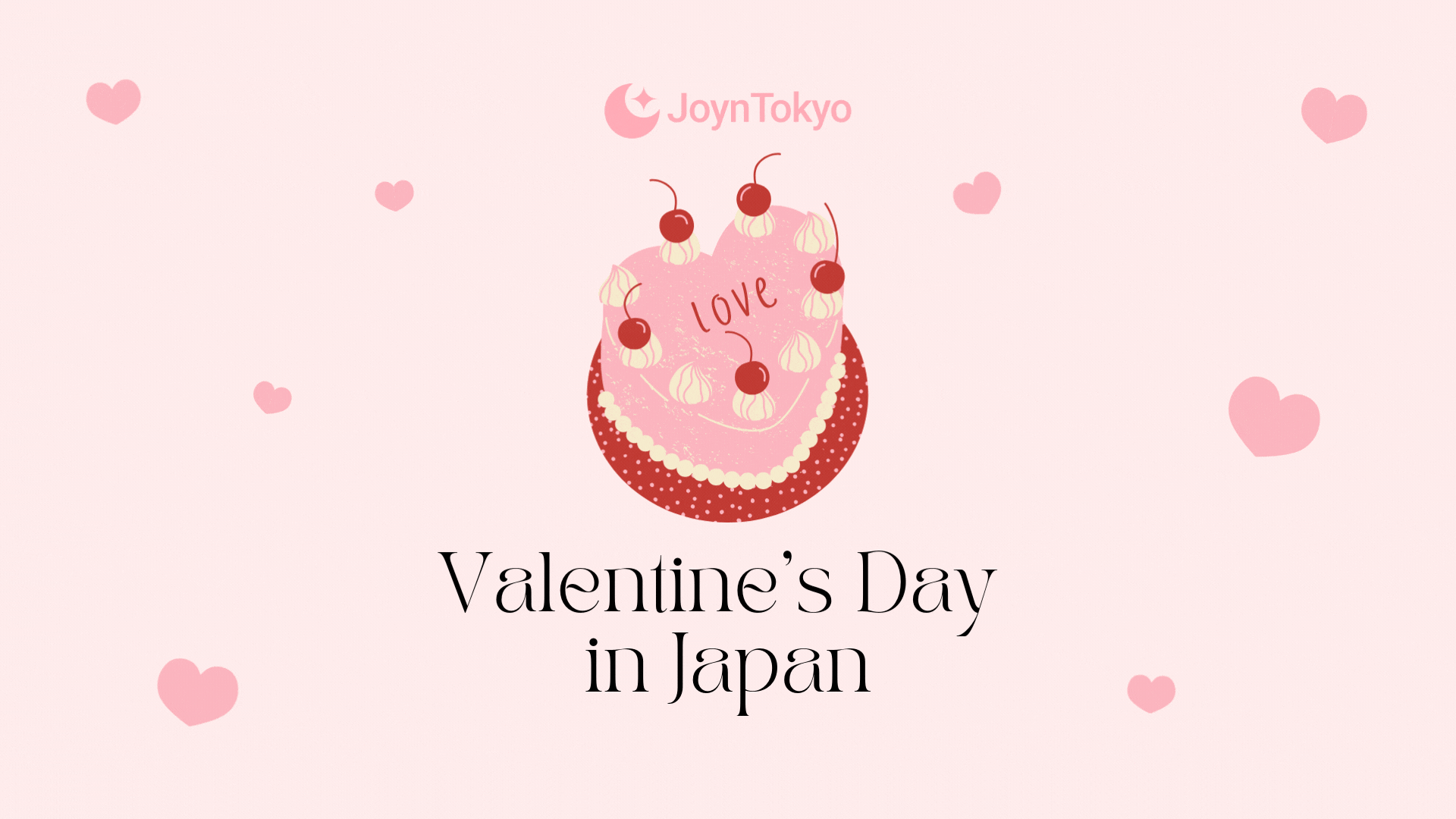If you’ve ever seen one of the eighteen billion videos on “Things to do in Japan,” or “Quirky Things About Japan,” or something similar, you will have doubtless seen that one thing that is present in every major city, and recommended by many influencers, are animal cafes. The first cat cafe in Japan opened in Osaka in 2004, and have since become a national phenomenon.
With the huge popularity of places to spend an hour or more in the company of some feline friends while sipping coffee, there has come the obvious desire to innovate: what about cafes with different animals? After all, ice cream stores don’t only have chocolate, strawberry and vanilla, so why should animal cafes only be cats?
Sound logic under capitalism, but it has been proven time and again to be hugely detrimental to animal welfare. In this article, we’ll explain why. Be aware that those who are sensitive to the suffering of animals may wish to skip this article, as well as non-cat animal cafes themselves.
Why Animal Cafes Became Popular in Japan
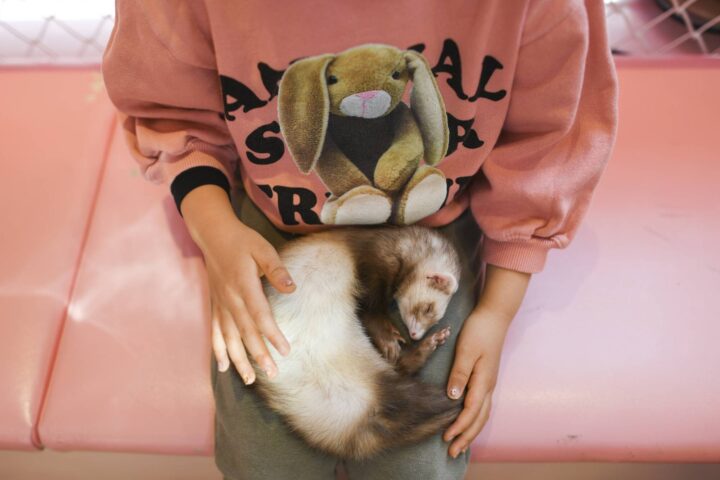
In Japan, particularly in large cities like Tokyo, Osaka, and Yokohama, real estate is at a premium, so many apartments are too small to accommodate pets. Additionally, many landlords hold a “no pets” rule, to prevent noise and smell disturbances for other neighbors. As such, pet ownership in Japan is at a lower rate than in other countries.
This means that cat cafes became an instant success: all the joys of having a beloved pet, without the difficulty and hassle of needing to clean up after it, or hide it from an overzealous landlord.
But what if you’re allergic to cats, or you prefer other animals? What if you’re nuts about otters? Or crazy about birds? Well, you’re in luck, there are plenty of cafes like this. But the animals themselves? Maybe not so lucky.
The Problems with Exotic Animal Cafes
When you think of “exotic animals,” you may think of something like a snake, or perhaps an emu. Actually, the veterinary definition of “exotic animal” in many countries is, essentially, anything that isn’t a cat or a dog. The reason for this is that cats and dogs, our closest animal companions for millennia, are the most domesticated and the best understood.
As such, exotic pets are rarer, and so inherently less well understood. If this is true for vets, it is orders of magnitude more true for laymen: which means that problems can be orders of magnitude worse for the animals.
Owl and Bird Cafes in Japan
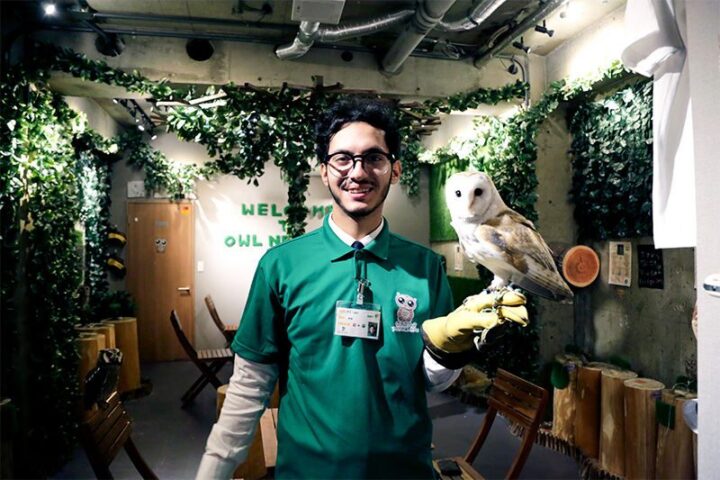
Bird cafes have become fairly popular in Japan, but none moreso than owl cafes. I remember being stunned by seeing an owl sitting next to a cafe barker outside a cafe, thinking it was fake — until it moved its head. Owls are loved for their rounded body types and relatively calm demeanor, making them, in theory, perfect for an animal cafe.
However, owls are wild animals. As such, they are unused to and dislike being in small spaces. Owls need plenty of open space to fly around and exercise, but many owls in owl cafes are instead kept in place using short chains or ropes, in order to better facilitate visitors to be able to get near them and pet them.
Additionally, while many cafes will dim the lights and insist on no flash photography, owls are also naturally nocturnal, and being awake during the day (in order to maximize the number of customers who can see and pet them) can be extremely stressful for them, and be problematic for their metabolism.
Otter Cafes in Japan
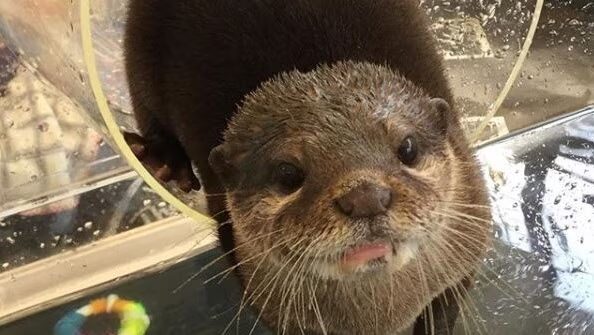
Everyone loves otters, right? They’re small, cute, and incredibly energetic! They seem to fare well in aquariums (though perhaps that is a story for another day), the otters in otter cafes in Japan have a much more difficult life.
The kind of otters that you will find in these cafes are almost exclusively Asian small clawed otters, as Japan’s native otter population is now extinct. However, as they are a protected species in Japan, and their importation is illegal, they are most often criminally brought in by poachers. Some arrive missing teeth, as they are removed to make them easier to handle.
When breeding does take place, the vast majority are inbred, and even then, otters are separated from their families, kept in small cages when not in the cafe. This deprives the otters of the community that they thrive on, as they are deeply social animals.
Hedgehogs and Small Nocturnal Animals
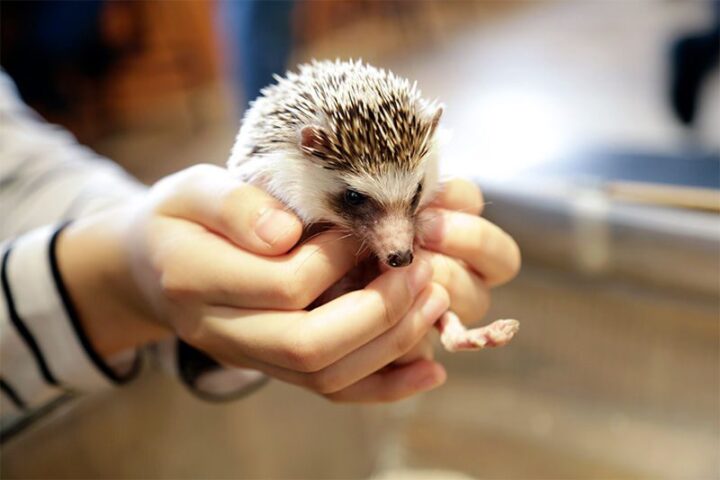
Everyone knows to handle hedgehogs with care. Back in the UK, my dog used to occasionally find one wandering alone at night, pick it up and bring it in (unharmed) to show everyone. Taking it back outside (and out of the dog’s reach) took care and a delicate touch. That was just a meeting of moments, so one would hope that hedgehog cafes observe similar diligence when looking after these “needle mice,” as they are called in Japan.
Sadly, the mere fact of hedgehogs being in captivity for the purposes of amusement makes this nearly impossible. You may have noted that my overenthusiastic pooch brought in one hedgehog, at night. This is because hedgehogs are typically solitary animals, and are — like owls — nocturnal.
While it is possible for some individual hedgehogs to become accustomed to being handled, it is not their instinct, and they become stressed and agitated among crowds of humans and other hedgehogs, vastly preferring to be alone.
Miniature Pigs and Other Exotic Animals
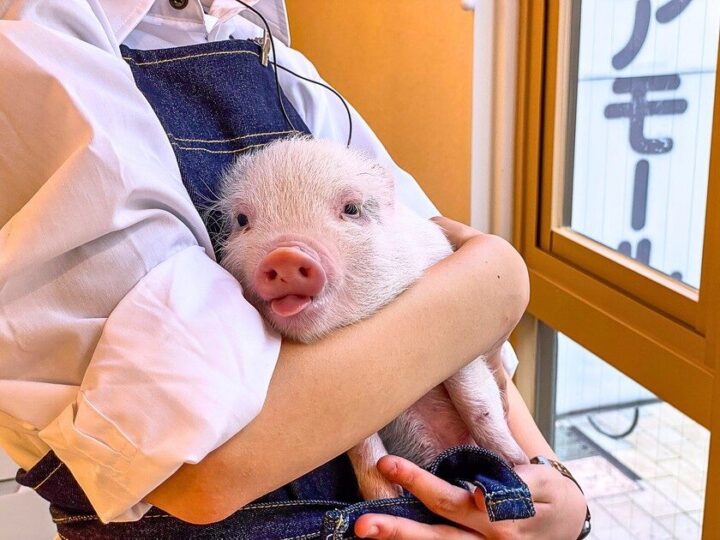
Micro pigs — not a specific breed of pig, rather regular pigs that grow smaller than is typical of farmed pigs — have become popular in Japan as well. These tiny little porkers are smart, sweet, and oh-so-cute. And they’re not nocturnal, either, so are there any problems?
Well, because these are not a specific type of pig, the smallness of the animals is often achieved through a combination of forced breeding among the smallest to produce small offspring, as well as little food, leaving them without the resources needed to grow. This combination of inbreeding and malnourishment leads to a number of health problems.
Other exotics animals are treated in the same way. The more unusual the animal, the less likely it is that any member of staff is familiar with them, or able to recognize signs and symptoms of stress or illness.
Why Many Animal Cafes Are Problematic
Quite aside from the lack of expertise is the way that the animals need to be treated, there are concerns with the environment itself. If you’ve ever felt that the busy, cramped, and noisy streets of Tokyo are not the place that people were meant to be living in — after all, industrialization took place a mere 200 years ago — then imagine how it feels for animals in these cafes, handled, carried, and ferried from person to person and place to place.
Additionally, there are worries that the animals can be ill-feed so that they learn to associate customers — who can buy treats — with food, meaning that they will become conditioned to approach people out of hunger, rather than out of genuine desire.
Are Cat Cafes in Japan More Ethical?
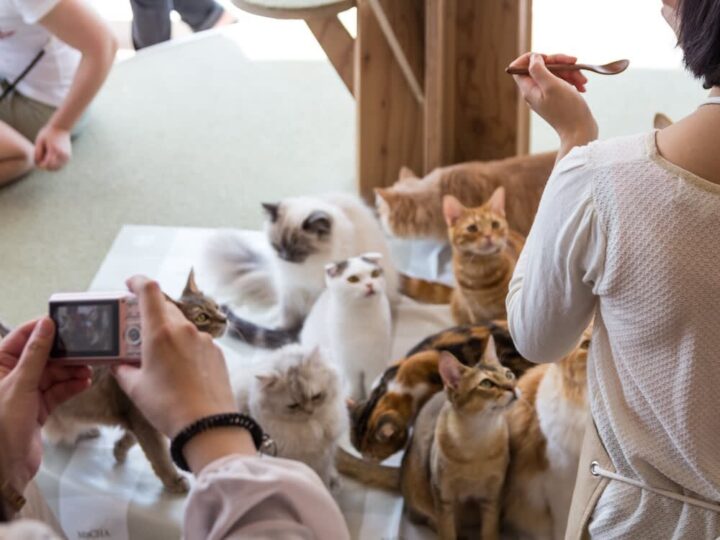
So what about cat cafes? Are they just as bad? Well, it depends. Although there are doubtless exploitative cafes out there, however the popularity and ease of creating cat cafes also means that they are relatively easy targets for the government to find unethical cafes. After all, a government official may not know what an otter needs or how they usually behave, but they will almost certainly know what cats want and need.
There are a number of cat cafes that have dedicated themselves to being highly ethical, such as Cat Cafe Calico Kichijoji, which focuses on rescuing abandoned old, sick, or disabled cats, all of whom can be adopted.
Cats are also highly domesticated animals. While a stray might hiss at you on the street, cats have, for thousands of years, been bred for companionship (as well as their excellence at keeping food stores clear of vermin). Absent personal stressors, cats are not typically alarmed by the presence of humans, and despite their reputation for independence, the domestic cat is often (though not always) a very social animal, and enjoys the company of other cats and people.
Things to Consider Before Visiting Animal Cafes in Japan
Animal cafes are a fraught subject in Japan. Japan, for all its glories, is not a nation known for its dedication to animal rights or welfare. This means that, as a whole, JoynTokyo would recommend avoiding animal cafes: especially those that are for exotic animals.
Cat cafes (and also dog cafes) are, however, safer. Though we would like to insist that you not wander in after the call of a barker outside of the street. Instead, if you too cannot keep a furry friend by your side for whatever reason, then first search for ethical cat cafes on the search engine of your choice, check reviews, and then enjoy a purr-fect few hours.

